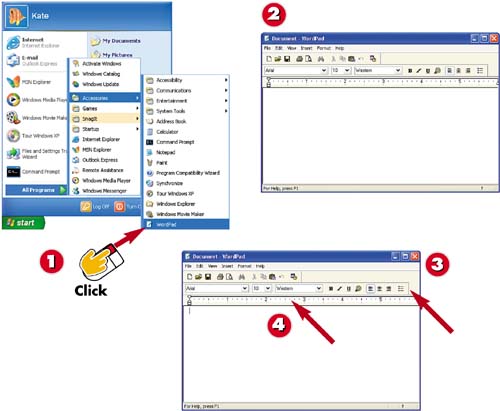Microsoft has announced that it will be closing WordPad, a simple word processing program that has been included with Windows operating systems since 1995. The company says that WordPad is no longer being used by a significant number of users and that it is focusing its efforts on other products, such as Microsoft Word.
The closure of WordPad is a significant change for Windows users, many of whom rely on the program for basic text editing tasks. However, there are a number of good alternatives available, including:
- Google Docs: A free, web-based word processor that is available on all major platforms. Google Docs is a powerful and versatile tool that can be used to create documents of all types. It also offers a number of collaborative features that make it ideal for working with others on documents.
- LibreOffice Writer: A free and open-source word processor that is available for Windows, macOS, and Linux. LibreOffice Writer is a feature-rich alternative to WordPad that offers a wide range of features, including a variety of document templates, a powerful spell checker, and a built-in thesaurus.
- OpenOffice Writer: Another free and open-source word processor that is similar to LibreOffice Writer. OpenOffice Writer is available for Windows, macOS, and Linux.
- Notepad: A simple text editor that is already included with Windows. Notepad is not as feature-rich as other word processing programs, but it is a good option for basic text editing tasks.
In addition to these options, there are a number of other word processing programs available, both paid and free. Users should choose the program that best meets their needs and requirements.
When choosing a word processing program, it is important to consider the following factors:
- Features: What features are important to you? Do you need a program with a lot of formatting options? Do you need to be able to collaborate on documents with others?
- Ease of use: How easy is the program to use? Do you need a program with a lot of bells and whistles, or are you looking for something simple and straightforward?
- Price: How much are you willing to spend on a word processing program? There are both free and paid options available.
Once you have considered these factors, you can start to narrow down your choices and find the best word processing program for you.
I hope this blog post has been helpful. If you have any questions, please feel free to contact me.



